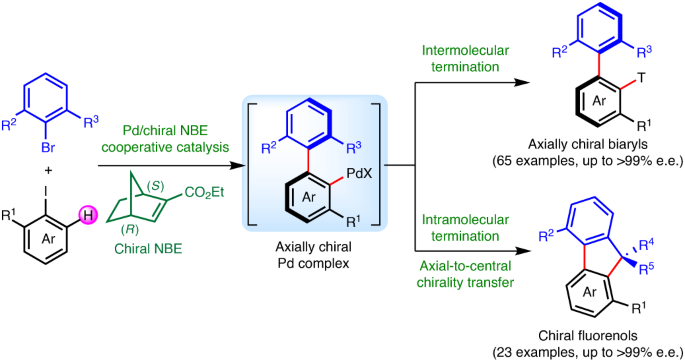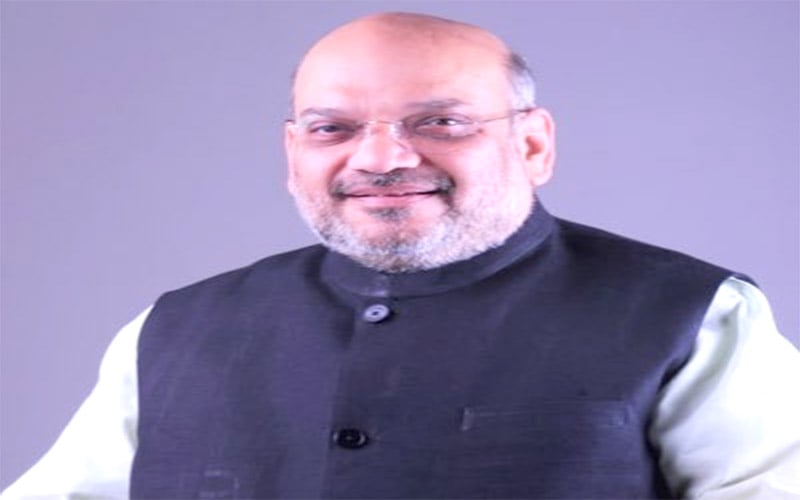
- Select a language for the TTS:
- UK English Female
- UK English Male
- US English Female
- US English Male
- Australian Female
- Australian Male
- Language selected: (auto detect) - EN
Play all audios:
I read Daniel Johnson’s leader yesterday with interest (as I do every day). But I wholeheartedly disagree with his upbeat assessment of the Government’s plans for agriculture. The plans have
an overly simplistic understanding of the problem and miss the target when it comes to what needs reforming in the British agricultural system. Farming techniques for growing crops are
remarkably similar throughout the UK and EU: they must be: hitherto we have played by the same CAP rulebook. However, British animal welfare standards are higher than the Continent’s in
nearly all areas. This is partly due to the industry having to get its house in order after the public health crises of the 1980s and 1990s, and partly because of a vocal animal welfare
lobby, ensuring standards in UK farming are pushed up. Despite this, most European countries take more pride in the local produce and food stories they create than anything the UK can
muster. Farmers in the UK have an adage: while half the population think you’re ripping them off, the other half think you’re trying to poison them. UK agriculture is unique in Europe
because of four big names: Tesco, Sainsbury’s, Asda and Morrisons. They are largely responsible for the UK having some of the cheapest food prices in the EU and are among the most profitable
and successful corporations in the UK. They tell us this is achieved because of clever distribution, customer relationships and innovative marketing techniques. The reality is supermarkets
owe much of their success to hammering UK farmers, through centralised procurement teams and national processing plants such as slaughterhouses. This has largely destroyed regional food
retail and culture, which remains intact across much of Europe. The British consumer has been cut off from any connection with where their food comes from. Many people think the country is
some green and pleasant adventure playground. Milk comes from plastic cartons, meat minced into cryovaced plastic, and wheat covered in sugar and chocolate. The issue is not the farming
process, but the processing of food once farmed. This highly centralised, supermarket-dominated agricultural system has meant that EU subsidies have largely passed up the food chain to
supermarkets’ bottom line. It’s the farmer’s job just to pass the dosh on through discounted produce. Obviously, this is a highly dysfunctional system which needs sorting out in the
post-Brexit world. The agricultural process needs localism, not nationalism – a hard concept for a politician such as the DEFRA Secretary George Eustice to get his head around. The
post-Brexit reality is not going to get any easier for UK agriculture. This is because we will do business in the orbits of two competing, much bigger, visions of agriculture. The EU
subsidises agriculture by $145 per capita, while the US gives away a far smaller $67 per capita. Despite lower amounts of money being pumped into the American system from the taxpayer, food
prices in the US are comparable, if not cheaper, than those found in many parts of the EU. This is because the US has one of the most unregulated food production systems on earth, as
exemplified by hormone-injected beef and chlorinated chicken. Some farming techniques in the US are just plain barbaric — but you do get a low-priced burger at the end of it. The UK is
hoping for post-Brexit trade agreements with both the EU and US. This has scary consequences for UK farmers if we do not get our food production policy correct. British farmers will have to
compete with the American low quality, low price, low welfare output and the EU’s heavily subsidised, high quality (in most areas) and high welfare (in _some _areas) product. Say what you
like about Michael Gove: he laid strong post-Brexit foundations when he had the agricultural brief. These foundations were constructed by trying to help farmers navigate global markets while
creating a much greener, higher welfare product. Gove’s vision was developed from a vision of agriculture that owes much to Prince Charles. It holds out the hope of making British food
commercially viable, and laying down the blueprint to export it around the world. George Eustice, however, has morphed those foundations into a policy which seems designed to placate the
likes of Chris Packham and urban environmentalists. There is scant thought or understanding for farmers, with nothing to help the real issues facing agriculture: nothing on rebalancing the
relationship with retailers, nothing to rebalance local relationships with consumers, nothing to rebalance the relationship with the environment while keeping farmers in a living, and
nothing to help navigate and export to lucrative, if volatile, global markets. Eustice’s “Pathway to Sustainable Farming” leads nowhere. A MESSAGE FROM THEARTICLE _We are the only
publication that’s committed to covering every angle. We have an important contribution to make, one that’s needed now more than ever, and we need your help to continue publishing throughout
the pandemic. So please, make a donation._








